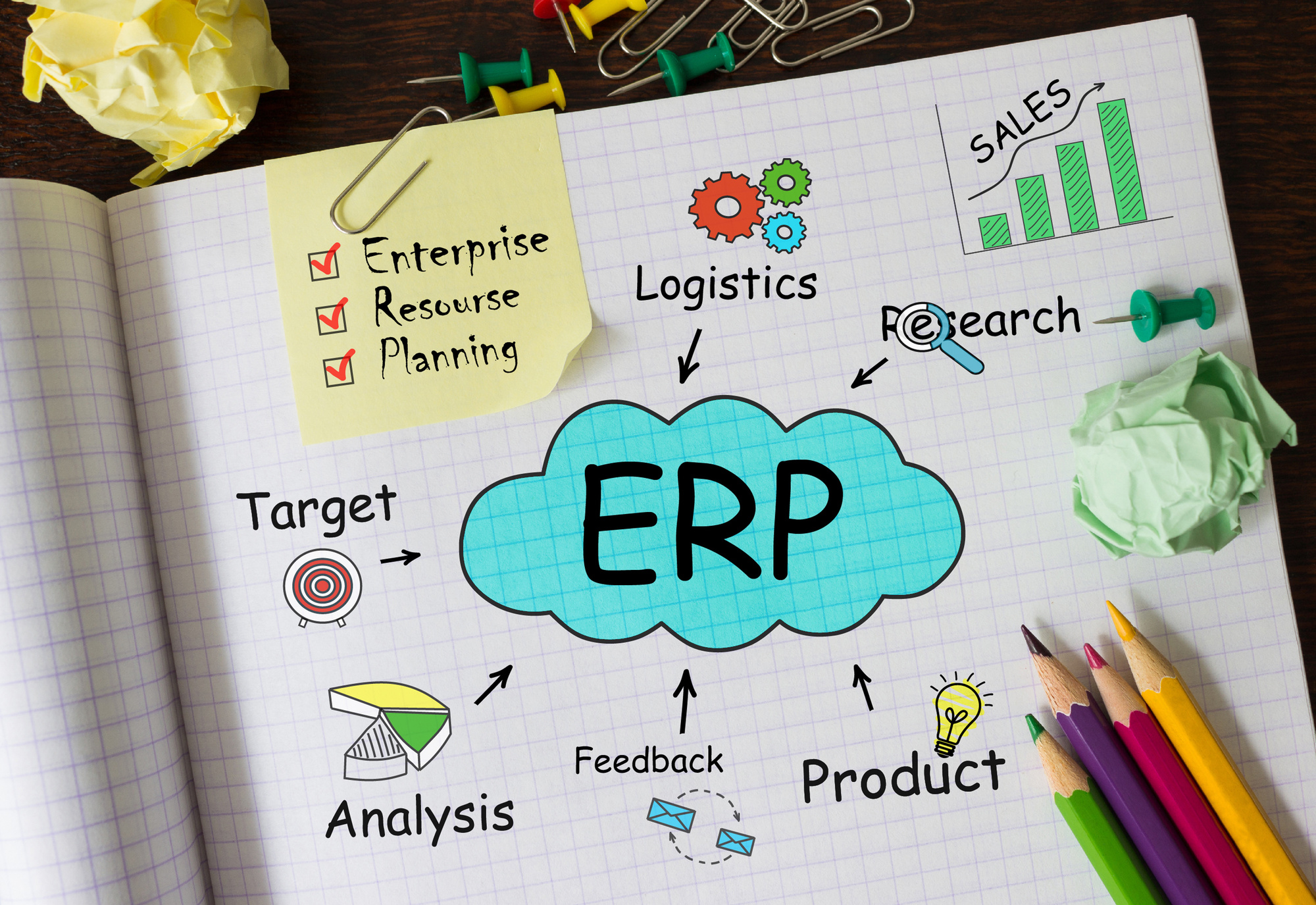
ERP Implementation Best Practice: 9 Essential Tips
Are you planning to level up your business?
After starting a business, you’ll face new challenges daily. You’ll encounter hard decisions that can either be a giant leap for your business or a massive setback. Making these decisions can be easier with the right resources.
ERP is a huge step for businesses. Unfortunately, studies show that half of ERP implementation attempts fail on the first try. But when done right, it can revamp the workflow and deliver more positive effects.
Here are some ERP implementation best practice tips to help you get your ERP project off the ground.
Table of Contents
1. Establish a Strong Team
Any business venture requires help from people you trust. Your team must have a project manager, an executive sponsor, and representatives from each department or area in our business.
You want an active executive sponsor who will oversee the project. The executive sponsor is often in charge of making important decisions and dealing with factors that can hinder progress.
Your team must work together to come up with attainable objectives and identify which KPIs to track. They also ensure the project does not stray far from your budget or schedule.
2. Have Key Project Requirements
An ERP deployment aims to address existing issues and introduce solutions or even better strategies. Before deploying your ERP implementation project, come up with a list of goals you want to achieve.
Have clear requirements for each ERP project and be within objectives. When implementing an ERP system, you can introduce a better process. That’s why it’s crucial to analyze current workflows, systems, and crucial business operations.
The proposed ERP solution is often better than a company’s current workflow or procedure. However, your team must be ready to make these adjustments and transitions to see the best results.
3. Know Your Key Performance Indicators
KPIs can help you measure the performance of your ERP deployment. Once you identify weaknesses and a proposed solution, a KPI will help you know if you are solving these problems. The relevance of a specific key performance indicator will depend on your industry.
A KPI should be able to measure your business’s performance based on your goals. This means they have to be quantifiable and something your business can do.
4. Have Efficient Project Management
Implementing an ERP plan can take anywhere between three months to a year. That’s why you need a project management framework to ensure your business will see the transition through. In addition, proper project management will help you ensure the project stays on schedule.
All movements of your project management should stay aligned with your business goals.
A major issue with ERP installations is scope creep. This refers to the urge to keep adding new solutions while the project is still underway. Always remember that further improvements can wait until after you have finished.
Management should also cover the technical aspects of the ERP implementation. This includes configuring the system and changing processes for better ERP system use.
Automate What You Can
An excellent way to have a more efficient transition is by investing in ERP software. Tasks like timesheet maintenance, report making, and inventory checks are prone to error. These are also time-consuming and take from your manpower.
The right ERP software can save time for your personnel and ensure better data accuracy. Dynamics 365 Finance and Operations automates some menial work so your project team can focus on other tasks.
5. Have Effective Communication
Your company must have a shared understanding of your objectives, aims, and the ERP deployment process. Keep in mind that you’re doing this for the good of the company and not only for yourself.
Let your workers understand your motivations and the system’s capabilities. Workers must learn the advantages it will provide. To highlight its significance, the CEO and leaders should stay involved.
This allows you to coordinate your efforts and share concerns or issues when needed. In addition, CEOs can communicate with employees through blogs, emails, and presentations. You may also organize meetings and print memos when needed.
6. Plan for Data Migration
Data migration is one of the hardest parts of an ERP system deployment. You need thorough planning and preparation to minimize the risks of data corruption or loss.
Decide how you want to migrate data and if you will use specialized tools. For example, automating migration can allow you to save more time. On the other hand, migrating data manually can help you declutter and purge information that is no longer needed.
This can give you more room for new, more relevant data. Regardless of your chosen method, check the data to ensure there were no problems during migration.
7. Train Your Workers
Don’t expect employees to know how to use the new ERP system immediately. ERP implementation is a huge transition for users, so they may need some guidance and training.
Giving users learning material in the form of lessons or tutorial videos can help make this transition easier. In addition, you may allow users to choose which material is most relevant to their task.
8. Have Support in Place
Encountering problems during an ERP deployment is inevitable. Be ready to offer support when these problems arise.
Prepare online forums and a help desk to assist users when they need it. You can also have your project team watch out for issues and user concerns so that you can modify the system if needed.
9. Listen to Feedback from End-Users
Get user feedback as soon as the new ERP system reaches them. As a business owner and employer, you can form better relationships with your employees. People do better at work when they know that the company is looking out for them.
Feedback from end-users can also help you identify issues in the deployment before it gets worse.
Get More ERP Implementation Best Practice Tips
ERP implementation can be the start of many milestones for your business. The transition can be difficult and painful, but with these ERP implementation best practices, you’ll see huge improvements.
Do you want to learn more about ERP? Check out our other blog posts for more ERP tips.








